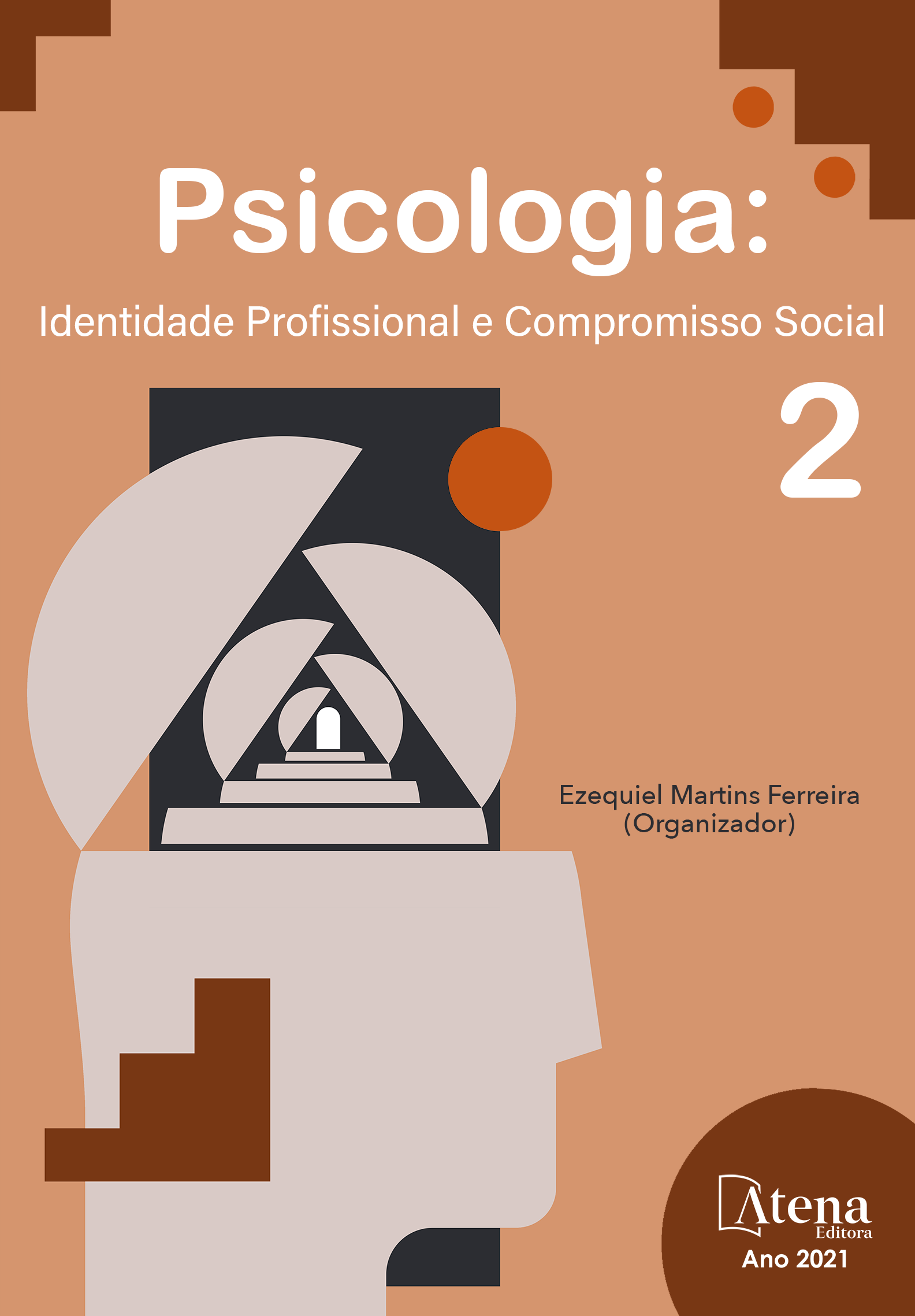
Laço Social e Invenções Sinthomáticas na Clínica das Psicoses
O campo da saúde mental estrutura-se a partir do estudo das enfermidades mentais, fazendo da psicopatologia psiquiátrica o saber predominante. A abordagem psicanalítica atua no avesso do discurso psiquiátrico, não requerendo um manejo padronizado, mas uma conduta que leve em consideração a singularidade de cada ser de fala, opondo-se ao enquadramento e controle da loucura de cada um. Partindo deste a priori, o presente estudo objetiva compreender como se estabelece o laço social na psicose a partir da psicanálise de orientação lacaniana, articulando com o conceito de sinthoma. Esse objetivo geral se desdobra nos seguintes objetivos específicos: fazer uma revisão de literatura do conceito de laço social, articulando-o com o conceito de sinthoma, e, diferenciar o laço social na neurose da psicose. Esta investigação está articulada a pesquisa “O conceito de sinthoma em Lacan e suas consequências clínicas” (LAPPSI/UEFS – CONSEPE Nº 067/2017). O percurso metodológico adotado se caracteriza como qualitativo, de objetivo exploratório e quanto aos seus delineamentos é uma pesquisa bibliográfica. Como resultados preliminares, identificamos que a psicanálise possibilita uma clínica pautada na responsabilidade do sujeito e de sua singularidade como diretrizes éticas na condução de intervenções no campo da saúde mental. É a partir do conceito de laço social, formulado por Lacan, que poderemos ver as soluções, bricolagens e sinthomas que cada um se ampara. Portanto, resta acompanhar e testemunhar, no um a um dos casos, a forma como cada sujeito psicótico pode, ao seu modo, remendar a sua realidade, sempre psíquica.
Laço Social e Invenções Sinthomáticas na Clínica das Psicoses
-
DOI: 10.22533/at.ed.4002129031
-
Palavras-chave: Psicanálise; Laço Social; Sinthoma; Saúde Mental
-
Keywords: Psychoanalysis; Social Bond; Sinthoma; Mental health
-
Abstract:
The field of mental health is structured from the study of mental illnesses, making psychriatric psychopathology the predominant knowledge. The psychoanalytic approach acts inside out the psychiatric discourse, not requiring a standardized management, but a conduct that takes into account the uniqueness of each speech being, opposing the framing and control of each person's madness. Starting from this, the present study aims to understand how the social bond in psychosis is established from Lacanian oriented psychoanalysis, articulating with the concept of sinthoma. This general objective unfolds in the following specific objectives: to make a literature review of the concept of social bond, articulating it with the concept of sinthome, and, to differentiate the social bond in neurosis from psychosis. This investigation is linked to the research “The concept of sinthoma in Lacan and its clinical consequences” (LAPPSI / UEFS - CONSEPE Nº 067/2017). The methodological path adopted is characterized as qualitative, with an exploratory objective and as for its outlines, it is a bibliographic research. As preliminary results, we identified that psychoanalysis allows a clinic based on the responsibility of the subject and his uniqueness as ethical guidelines in conducting interventions in the field of mental health. From the concept of social bond, formulated by Lacan, we will be able to see the solutions, bricolages and symptoms that each one supports. Therefore, it remains to monitor and witness, one by one, the way in which each psychotic subject can, in his own way, patch up his reality, always psychic.
-
Número de páginas: 7
- Rogério de Andrade Barros
- Maria Clara Carneiro Bastos


